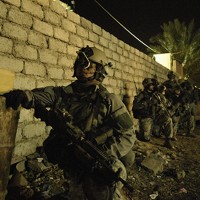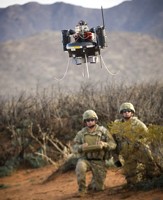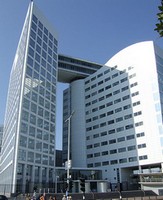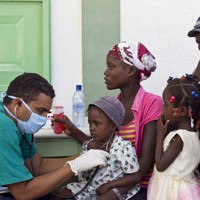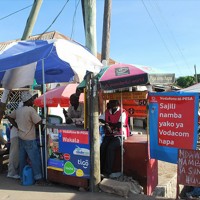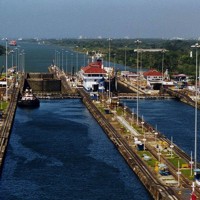
Much digital ink has been spilled over how cyber and unmanned technologies are changing the nature of war, allowing it to be fought more secretly, more subversively and with greater discretion. But the single biggest shift in the sociology of war in the past quarter-century has been not in the way it is fought, but in the relationship between its grim realities and the perceptions of those on the home front. Indeed, it is precisely the increasing visibility of ordinary warfare due to communications technology that is driving U.S. efforts to redefine the rules of engagement. And ironically, this is […]

